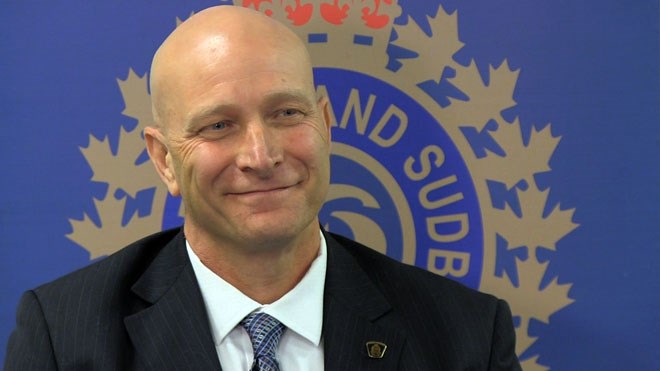“There is absolutely no authority whatsoever for a police organization to suspend an officer and hold back their pay,” Pedersen said Wednesday, after the police services board meeting.
The sole exception is when suspects are being held in police custody, he said. Otherwise, they must be paid their full salary.
“We have to go through a criminal trial first, if we're dealing with a criminal offence, then a Police Act trial after that,” he said. “It creates challenges for police services, it creates challenges for communities, it puts pressure on budgets.”
The Ontario Association of Chiefs of Police has been lobbying for the change since 2007, arguing it not only forces taxpayers to keep paying a disgraced cop, it also sullies the reputation of all police.
The background information in support of the motion cites several examples where disgraced officers were paid hundreds of thousands of dollars for years while facing serious charges. A Toronto officer facing drug, assault, extortion and prostitution charges was paid almost $427,000 while his case made its way through the court system.
A Sudbury police officer facing sexual assault charges in 2006 was paid almost $200,000 while suspended before agreeing to resign from the force as part of a plea agreement.
“We're not talking months, but years – years and years of salary being fronted by taxpayers, where officers are doing no work whatsoever,” Pedersen said.
Other provinces have passed similar laws, including Alberta, British Columbia, Nova Scotia and Quebec. The current legislation in Ontario was passed at a time when dealing with such cases would be done relatively quickly, he said, so the rules made more sense.
“It's about modernizing a piece of legislation for the world we live in today,” Pedersen said.
“The Police Act is an older piece of legislation. It was written in the days when these types of internal employment hearings were done in a matter of days, not months, not years.”
While seeking the ability to suspend police without pay, Pedersen said it would be restricted to cases where the offences or misconduct was serious enough that a conviction would lead to the person being fired anyway.
A policy paper by Ontario's police chiefs says the suspensions would be decided on a case-by-case basis, with discretion being given to police chiefs. The officers
could appeal the decision to the Ontario Civilian Police Commission within 30 days.
“It would very, very limited use, very specific use,” Pedersen said. “We have to also understand the fundamental principals of justice is that people are innocent until proven guilty.”
The motion will go to the Ontario Association of Police Services Board annual general meeting May 21 in Toronto.



